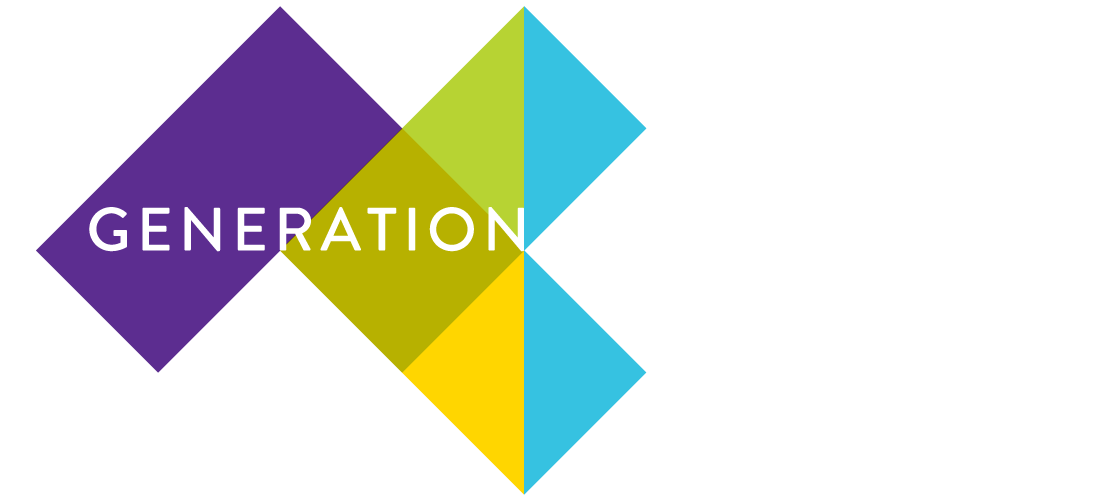Introducing GenHR’s Youth Changemaker Project
When I first heard of Generation Human Rights (GenHR), I couldn’t help but admire the organization’s mission. Teaching students about human rights so they could imagine a world without human rights abuses? And not just carrying it out on a local level, but a global one? That wasn’t just inspiring, it was smart. We live in a world where human rights abuses happen on a daily basis. If we want to create a world without these issues, we have to first teach our children that it’s possible for that world to exist. After all, it’s children who are our future doctors, scientists, and politicians. They’re going to be our future leaders, so having an education in human rights will teach them what future to fight for and how to fight for it.
But with our newest project, Generation Human Rights is taking our mission a step further. In the past few months, I’ve had the opportunity to intern for GenHR and work on the Youth Changemaker Project, a program that was created during the summer of 2020. During that time – when the pandemic had put a halt to most day-to-day activities and left the majority of people in a state of isolation – three GenHR student interns developed the Youth Changemaker Project as a way to build a community of youth activists.
“In this time of separation and disconnection, we envisioned [the Youth Changemaker Project] as a way to build community amongst young people and empower our generation to fight for social justice and equality,” Uma Menon, one of the three founding interns, said. I had the opportunity to read through a three-way conversation between the project’s founders, Uma, Olivia Yang, and Nasif Azher, and reading their answers only made me more excited. I want to share some of their words as Nasif, Olivia, and Uma’s thoughts and inspirations behind the project explain its mission in ways that are both succinct and inspiring.
Being a child or teenager means that even when you’re doing life-saving work or activism, you’re not afforded respect from many of the adults around you. As Nasif pointed out in the interview, “many teens are often not taken seriously by the previous generations or those in control, or often have their work undermined due to a combination of factors.” The other two interns agreed, and I do as well – all of us are youth activists ourselves and we’ve all faced situations where people see our age instead of our accomplishments. It makes it harder to advocate for the issues we care about when we have to struggle just to get a seat at the table.
Youth activists also face a startling lack of opportunities despite their qualifications. Uma noted that “youth, especially minority youth, are often taken less seriously and afforded fewer opportunities than other groups in our society.” This phenomenon is discouraging, to say the least, as lack of opportunities and/or support can dissuade people from trying to make a difference, especially if they are repeatedly led to believe their attempts will go unaddressed and unnoticed.
That’s where GenHR’s new Youth Changemaker Project comes in. With the Youth Changemaker Project, the interns wanted to offer a space that highlighted the work of young activists from around the globe to amplify the voices of young people and to inspire youth activists to continue their work. “Like Nasif and Uma, I’m a part of Gen Z and have been constantly inspired by the amazing work young people are doing to enact change proactively within their communities and on a larger scale,” Olivia noted. It’s encouraging and awe-inspiring to hear about people our age or even younger helping their communities in such profound ways. Through the Youth Changemaker Project, we’re trying to find and share these stories to create a community of youth activists.
As someone who gained a similar community by attending the ACLU’s National Advocacy Institute, a mentorship program for high-school activists, I can attest to just how valuable it is to connect with other people our age advocating for equality. Not only do they understand the barriers youth activists face, but they’re always ready to offer valuable insight and suggestions to overcome them. Together, we’ve worked on issues ranging from advocating for more accurate history curriculums to raising awareness for causes such as gun violence and the double standards of our justice system, and we’ve all benefited from listening and learning from one another as we worked to tackle these problems.
To properly highlight the work of youth activists, our team – which now includes our newest intern Maya Palanki – will interview youth activists and post their full interviews on the GenHR website’s Youth Changemaker Project page and excerpts of the interviews along with profiles on the activists for our new Instagram account @theyouthchangemakerproject. We already have a couple interviews up and are getting ready to post a couple more!
If you’re a youth activist and you’d like to be featured as part of the Youth Changemaker Project (or you know someone who you think should be featured), email us at genhryouthchangemaker@gmail.com following the guidelines on this page and we’ll get in touch with you as soon as possible. We’re looking forward to expanding our program and creating a community of youth changemakers!

